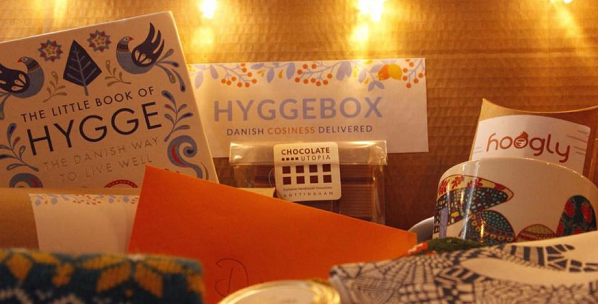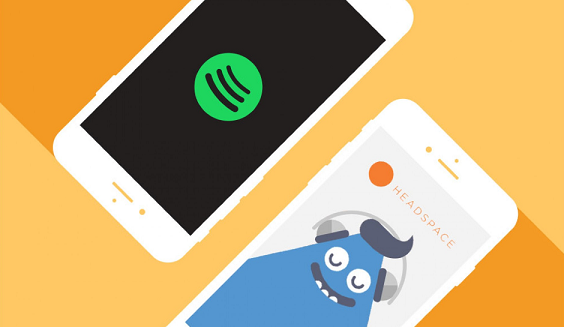
With mental health issues on the rise, consumers are turning to products that offer a sense of comfort.
As consumers’ lives become more hectic, they are looking for relaxation and emotional support. Hygge is the latest lifestyle phenomenon to recognize people’s need for comfort. Pronounced “hoo-gah,” the Danish concept roughly translates to a feeling of comfort and coziness. Ubiquitous in Denmark, the concept has taken the UK by storm in recent months. It wraps in not just good feelings and spending time with family, but also accoutrements from candles to blankets to mugs of hot chocolate.
HyggeBox is one company that has commodified this phenomenon, using the tagline “Danish coziness delivered.” The company has created monthly subscription boxes filled with goodies, such as tea lights and woolen socks, which vary depending on the season. Like others promoting the concept of hygge, the company links its pro-wellbeing products to Denmark’s reputation as the happiest country in the world.

In a world where stress, depression and anxiety are on the rise, hygge can offer small but real comfort to consumers. It also appeals to homebodies on a broader level, particularly the Netflix binge-watching younger generations. One recent study found that 72% of millennials and teens would rather stay in than go out at night.
Despite its popularity, hygge tends to polarize critics, described as “anti-modern” by The Guardian and inferring “complacency and idleness” according to Time Out. To many, hygge suggests an anti-political stance and a means to block out the real world and retreat from engagement with important issues.
The phenomenon is reminiscent of the mindfulness movement, which has helped propel the success of a multitude products that claim to improve our states of mind. In the past year, adult coloring books have become bestsellers and pop-ups such as Department Store for Mind have gained attention.
The conversation around emotional wellbeing is evidently changing. Spotify has partnered with mindfulness platform Headspace to offer a combined subscription package as an attempt to encourage meditation. “With playlists focusing on things like calm, sleep, study and exercise, Spotify Premium perfectly complements Headspace’s guides to training the mind for a healthier, happier life,” said Andy Puddicombe, founder of Headspace, “We’re excited to offer our users access to both services in a simple and convenient way.”

There is a real opportunity for brands to capitalize on consumer interest in holistic wellbeing. Like mindfulness, hygge offers consumers a chance to relax and promises comfort to combat everyday stresses. As consumers move toward more open discussion of mental health, brands can follow suit and take part in this conversation, offering products and services that promote relaxation and discourage anxiety.
Source:J. Walter Thompson Intelligence


